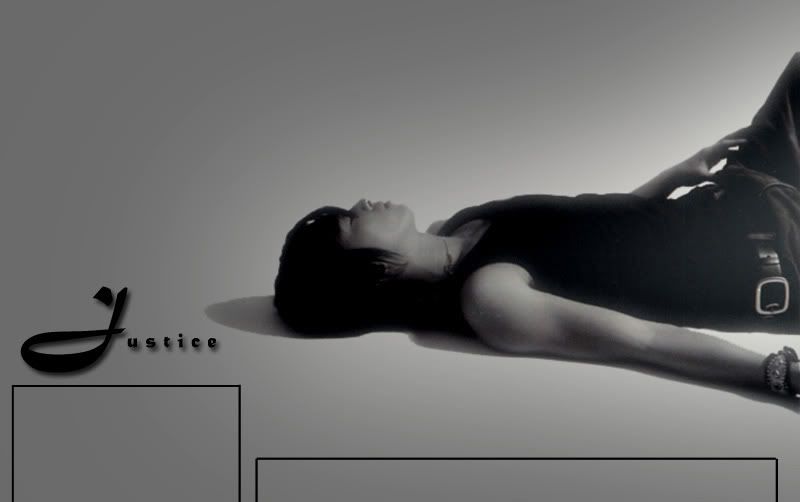I embrace uncertainty, Keats and dreams
Sunday, March 11, 2007
In many aspects, I'm still a coward thinking that I'm progressing towards the brave. Or rather, I seem to indulge being in the hazy area between coward and brave, because it's safest for someone like me. Nebulous, uncertain, negative capability. It's a comfort zone and a space of undefined boundaries, and most importantly, a safe place which does not demand an explanation, elaboration or even an articulation.
And it's ironic how I like to ask questions when I hate answering them myself, not because I hate answering the questions per se, but because I hate trying to articulate myself in a logical way which somehow makes sense to others and even to myself. I especially like to ask questions which I can answer for others or at least have some inkling as to what is on their minds, because the ability to confirm these answers strangely makes me feel a bit more certain of myself. And yet, I can never have too many answers to the same question. Are all the answers parts of the whole big group of
the answer? Or are some false and others true? Are the true ones really true or are they really lies which I tell myself become real? Are the false ones really actually true? Or is the question in suspect of allowing a freedom of openendedness? It has struck me, very uncomfortably or not, that I thrive on these kinds of questions and the possibilities of answers they offer. None of the answers are necessarily wrong, yet none are necessarily right either. The only time they are judged to be so depends on the context they are put in and how they are constructed, from whose point of view etc.
I embrace uncertainty, maybe because I'm a Literature student. Or am I a Literature student because I embrace uncertainty? Ironically, it is because I desire to seek some kind of answer or answers that I embrace uncertainty. But when I've decided on a kind of answer or when such an answer dawns on me, sometimes I prefer to revert back to uncertainty because of the promise it offers. As a child, I used to let my mind wander into imaginary spaces and one of these was life as a fairytale, and I used to wonder why nobody talks about what happens after "they lived happily ever after" and why after a film ends, the characters do not indulge in the happy endings? Is it because happy endings are just allusions to make the reader/viewer feel good momentarily about themselves? Is it because after "they lived happily ever after," they don't in fact live happily ever after but the stories don't tell you that because it's too depressing or confusing for the children? It's easier just being simple and a simple ending entails one straightforward and predictable non-complicated ending and avoids nebulous, multiple and unpleasant endings? Is it because when you have just one formula-for-all ending, everybody can be brainwashed into thinking that this is the case and we should all be satisfied with it?
It's so much easier to block out everything and live in a void of dreams. Unfortunately, this is not what happens in reality. Yet, I often mix dreams with reality. In fact, I often think they run like threads interweaving into one another. Yes, dreams are an important part of my life, as much as reality is something I face everyday. Just because dreams are not part of my waking life does not mean they aren't a part of my life, and I can't just dismiss them because in my dreams, I have seen, smelled, touched things, just as I do in reality, and they are as real to me as the experiences in reality.
So yes, I am comfortable living in ambiguous, free and undefined spaces. In fact, I probably am most comfortable straddling dreams and reality. And so, I embrace them as Keats did.
12:31 am
クロサギ
